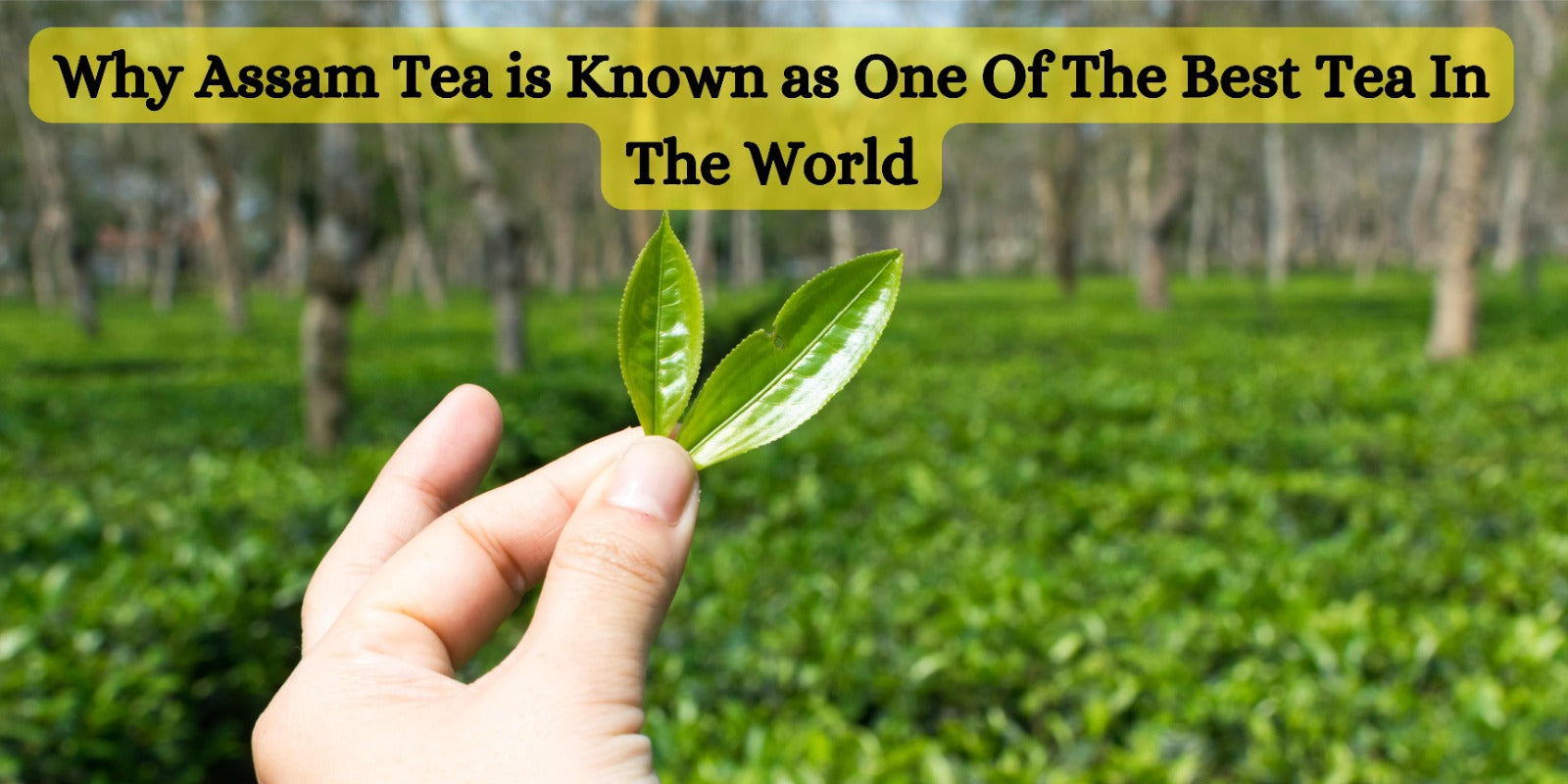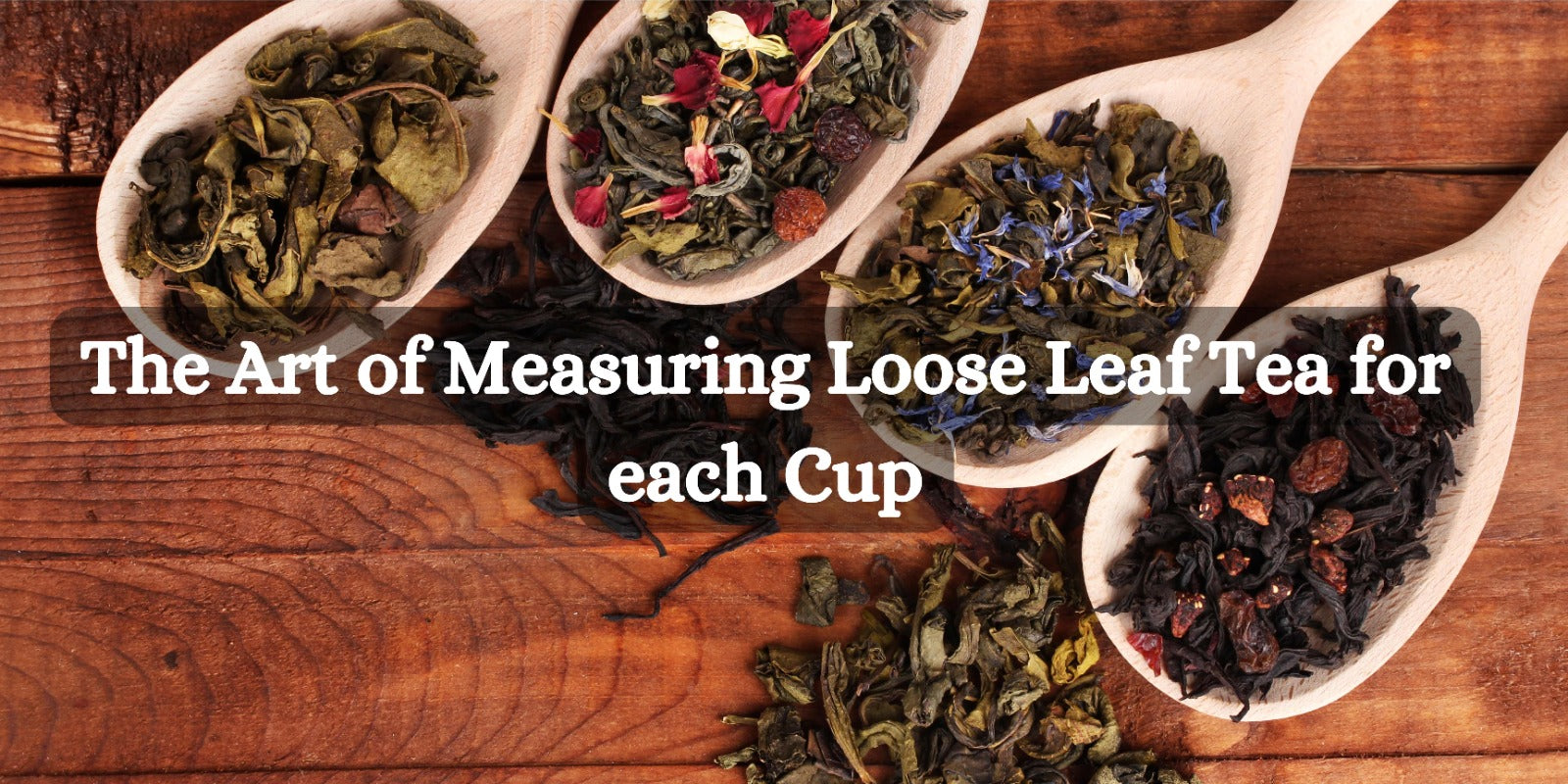The age-old debate between matcha and coffee has transcended the realms of mere taste preferences, delving into the realm of skincare and overall health goals. Both beverages boast a rich history and a dedicated following, but when it comes to anti-aging and health promises, which brew takes the crown? In this comprehensive exploration, we will dissect the skin and health benefits of matcha and coffee, unraveling their unique properties and potential impact on anti-aging and overall well-being.
The Skin Benefits of Matcha
Antioxidant-Rich Properties
Matcha, a finely ground powder of specially grown and processed green tea leaves, is an antioxidant powerhouse. Rich in catechins, flavonoids, and polyphenols, matcha exhibits potent anti-inflammatory and free radical-fighting properties, making it a formidable ally in the battle against skin aging.
The Magic of Catechins
Catechins, the phenolic compounds found abundantly in matcha, contribute to its antioxidant potency. These compounds have been shown to reduce inflammation, improve blood circulation, and combat free radicals, thereby promoting youthful, bright, and fresh-looking skin.
Stress-Reducing Properties
The mighty epigallocatechin gallate (EGCG) in matcha has been linked to numerous health benefits and therapeutic applications, including its potential role in reducing stress and promoting a state of calm and serene alertness.
The Skin Benefits of Coffee
Enhanced Blood Flow and Anti-Inflammatory Effects
Coffee, particularly its fruit extract, has been attributed to increasing blood flow and reducing inflammation. This can result in brighter, younger-looking skin, and may also offer potential benefits in reducing wrinkles and preventing collagen loss when used topically.
Antioxidant-Rich Phenolic Acids
While tea often takes the spotlight for its antioxidant properties, coffee also contains an abundance of phenolic acids, such as caffeic, p-coumaric, and ferulic acids. These antioxidants increase the resistance of LDL to oxidation, potentially reducing the risk of heart disease.
Health Benefits of Matcha and Coffee
Caffeine Content and Impact on the Body
Coffee, known for its higher caffeine content, can cause spikes in adrenaline, glucose, and insulin levels, leading to jitteriness and nervousness. In contrast, matcha's lower caffeine content, combined with the presence of L-theanine, results in a gentler, longer-lasting state of alertness without the abrupt spikes and crashes associated with coffee consumption.
Antioxidant and Disease-Preventive Properties
Both matcha and coffee boast impressive lists of benefits, from disease prevention to anti-inflammatory effects. Matcha's rich antioxidant profile, including catechins, flavonoids, and polyphenols, presents a compelling case for promoting cardiovascular health and combating various diseases. Coffee's antioxidant-rich phenolic acids contribute to reducing the risk of heart disease and other health conditions.
Considering the Skin and Health Goals
Skin Aging and Anti-Inflammatory Effects
With its anti-inflammatory and antioxidant-rich properties, matcha emerges as a strong contender in promoting skin health and combating the effects of aging. The presence of catechins and EGCG positions matcha as an ally in maintaining youthful, radiant skin.
Long-Term Health and Wellness
When considering long-term health goals, the balanced caffeine content and antioxidant benefits of matcha and coffee offer distinct advantages. Matcha's potential stress-reducing and anti-inflammatory effects, coupled with coffee's contributions to disease prevention and enhanced blood flow, present a compelling case for incorporating both beverages into a holistic wellness routine.
Conclusion: Embracing the Brew Diversity
In the matcha versus coffee debate, the quest for superior skin and health benefits is nuanced and multifaceted. Both matcha and coffee bring a wealth of antioxidant-rich properties and unique health-promoting components to the table, each with its own distinct contributions to anti-aging and overall wellness.
By embracing the diverse qualities of matcha and coffee, individuals have the opportunity to craft a holistic approach to skin and health goals, savoring the unique benefits and characteristics that each beverage offers. Whether indulging in the antioxidants of matcha or the rejuvenating qualities of coffee, the brew battle ultimately underscores the richness and complexity of our choices in pursuit of skin and health aspirations.
In essence, the matcha versus coffee debate highlights the nuanced interplay of skin and health benefits, offering individuals a diverse array of options to support their anti-aging and wellness goals. By embracing the distinct properties and contributions of matcha and coffee, individuals can embark on a journey of holistic well-being, savoring the unique attributes and benefits that each brew brings to the table.
As the brew battle unfolds, it becomes clear that both matcha and coffee have their own valuable roles to play in the pursuit of skin and health aspirations, inviting individuals to savor the richness and diversity of their choices in the quest for timeless well-being.
In summary, the matcha versus coffee debate underscores the nuanced interplay of skin and health benefits, offering individuals a diverse array of options to support their anti-aging and wellness goals. By embracing the distinct properties and contributions of matcha and coffee, individuals can embark on a journey of holistic well-being, savoring the unique attributes and benefits that each brew brings to the table. Both matcha and coffee have their own valuable roles to play in the pursuit of skin and health aspirations, inviting individuals to savor the richness and diversity of their choices in the quest for timeless well-being.




